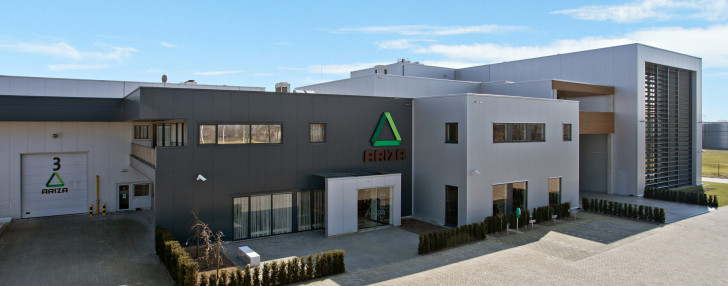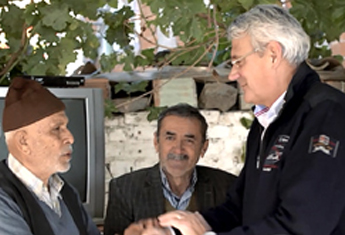
EUROPEAN ORGANIC CONGRESS 2015
On June 11th and 12th the 9th edition of the annual European organic congress took place in Riga, Latvia. More than 150 people (policy makers, leading organic experts and also our own Fransje and Ari de Kimpe) from 23 countries joined to discuss the future of the organic sector. This year’s edition was dedicated to designing the future of the European organic movement.
To give you an idea of the discussion, we’ve summed up the most interesting quotes:
The Latvian Minister of Agriculture, Mr. Jānis Dūklavs said: “I believe that organic products will be in the menu of each family after 2030. Every farmer, producer, scientist and politician, who is involved in the organic production works hard already today in order to facilitate development of organic agriculture and to promote careful attitude towards environment at the same time.”
“For me the crucial points are that we don’t harm organic producers with a threshold for pesticides they don’t use”
“Here at the international Conference of the movement of organic producers in Riga we will have a forum for policy makers and leading organic stakeholders to publicly discuss and work towards better solutions”, said Martin Häusling, Green MEP and rapporteur on the dossier. “My proposal aims to bridge the gaps in the current legislation and introduce some innovative elements. For me the crucial points are that we don’t harm organic producers with a threshold for pesticides they don’t use. And furthermore there is a need to continue with annual controls as they are a strong basis for consumer confidence in organic food.”
“In general, policy makers should listen to practitioners and take the differing practices across Europe into account when making policies”
“Harmonisation is a key issue in Latvia”, continued Chairman of the Latvian Organic Agriculture Association Gustavs Norkārklis. “With regard to rural development for example, the payments in neighbouring countries with similar conditions can differ greatly. The Commission approves these plans and although there are great discrepancies across Europe, the playing field for countries with very similar conditions should be harmonised as the impact on organic farmers and operators is very high. We have an opportunity to improve this in the midterm review of the CAP and should be taken up. In general, policy makers should listen to practitioners and take the differing practices across Europe into account when making policies.”
This 9th edition of the European congress took place at a politically important moment for the organic regulation reform. It took place just before the formal meeting on June 16 at which Ministers reached an agreement on the organic regulation review. A general approach for the Commission proposal for a new organic regulation was established.

